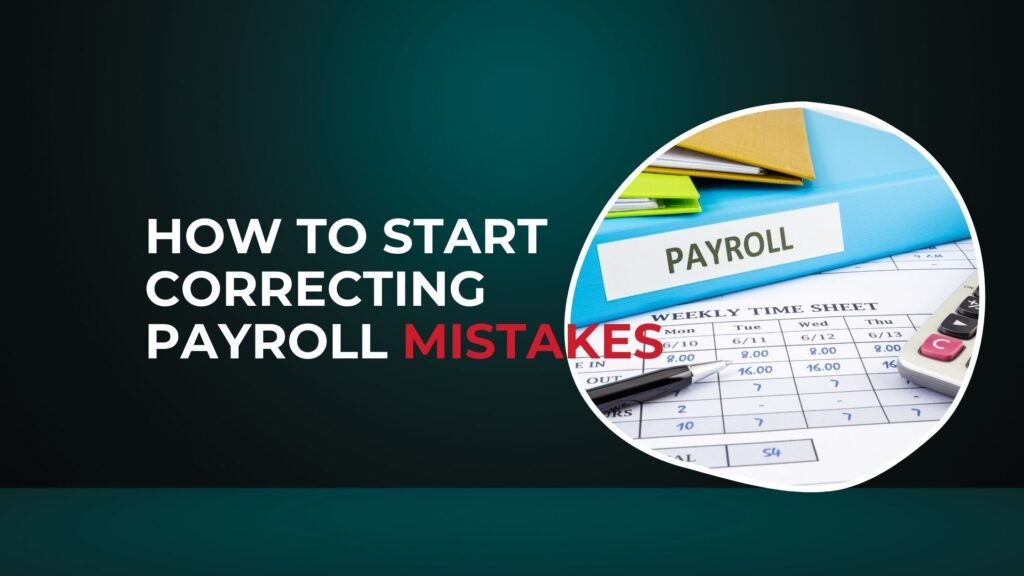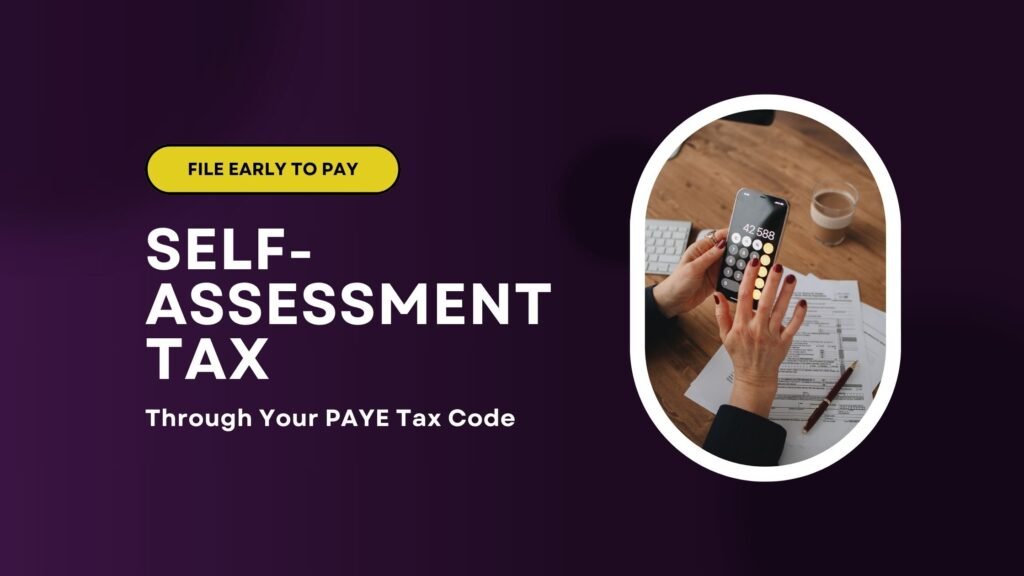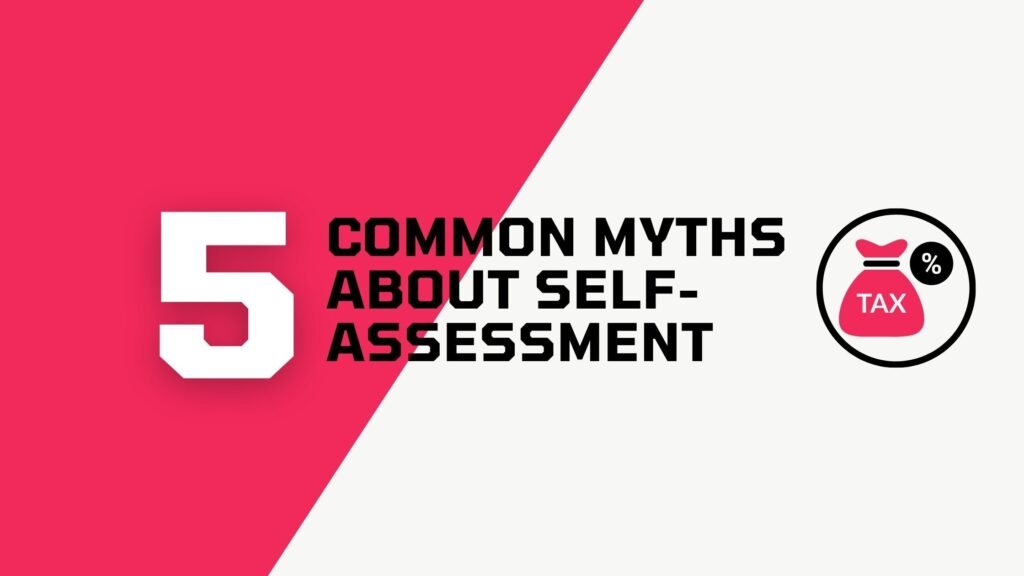Running a small business in the UK can be rewarding, but managing taxes can sometimes feel like a complex puzzle. However, 2025/26 brings some great tax relief opportunities that can help you save money and keep more of your profits. Let’s dive into how UK small businesses can take advantage of these tax reliefs and make the most of the available benefits.
Key Tax Reliefs UK Small Businesses Can Claim in 2025/26
1. R&D Tax Credits: Boosting Innovation
Businesses involved in research and development (R&D) can qualify for tax credits that help reduce the cost of innovation. Even small improvements or new developments in your business might qualify. These credits allow businesses to offset R&D costs against their corporation tax, offering significant savings. Small businesses in various sectors can benefit from this relief, especially those focused on new products or services.
2. Corporation Tax Relief: Reducing Corporate Tax Liabilities
Corporation tax relief enables businesses to reduce the amount of tax paid on profits. A simple way to lower your corporation tax bill is by claiming legitimate business expenses such as office supplies, salaries, and business-related travel. The more expenses you can deduct from your profits, the lower your tax liability will be. Make sure to keep track of all your business-related costs to maximise the benefits of this relief.
3. Business Expense Tax Relief: Claiming for Everyday Business Costs
Many of the costs involved in running a business can be claimed as tax-deductible expenses. These include office supplies, phone and internet bills, business travel, and more. All these expenses reduce your taxable profits, which ultimately lowers the tax you owe. Keeping thorough records and retaining receipts will make it easier to claim these expenses when you file your tax return.
4. Annual Investment Allowance (AIA)
The AIA provides tax relief for businesses that invest in capital equipment. In 2025/26, small businesses can claim up to £1,000,000 in tax relief for eligible purchases such as machinery and computers. This relief allows businesses to claim the full cost of qualifying capital purchases in the year they are made, reducing taxable profits and therefore the amount of tax owed.
5. Capital Gains Tax Reliefs: Business Asset Disposal Relief
When selling assets or transferring business ownership, Business Asset Disposal Relief can reduce your capital gains tax to just 10% on qualifying gains. This relief is especially useful for small business owners planning to sell or pass on parts of their business, as it can result in substantial tax savings.
How Small Businesses Can Benefit from Profit Extraction in 2025/26
Small businesses can significantly benefit from profit extraction strategies in 2025/26 by reducing tax liabilities and improving financial efficiency. Our expert accountants share tips to help you optimise your profits. Here they are:
1. Extracting Profit Tax Efficiently
When extracting profits, it’s key to minimise your tax liability. You can withdraw money through salary, dividends, or director’s loans. The method you choose affects both your personal tax and the company’s obligations.
2. Salary vs. Dividends: Which Is More Tax Efficient?
Salary and dividends are the two most common ways to pay yourself as a business owner. Salary is taxable as income, and National Insurance contributions apply. However, if you keep your salary below the National Insurance threshold (£12,570 in 2025/26), you can avoid paying NI while still benefiting from tax reliefs.
Dividends, on the other hand, are not subject to National Insurance and are taxed at lower rates than income. The first £500 of dividends are tax-free under the dividend allowance, and amounts above that are taxed at 8.75% for basic-rate taxpayers. This makes dividends a tax-efficient way to extract profits from your business.
3. Using Pension Contributions as a Tax Strategy for Small Businesses
Making pension contributions through your business can reduce your tax liability while securing your retirement. Employer pension contributions are tax-deductible, which reduces your corporation tax. These contributions are also free from National Insurance and income tax, as long as they are within the annual pension allowance limit (£60,000 in 2025/26). This strategy benefits both your business and your future financial security.
4. Director’s Loans and Their Tax Implications for Small Businesses
A director’s loan allows you to take money from your business without incurring immediate tax. However, director’s loans come with specific rules and tax implications. You won’t pay income tax on the loan itself unless it is written off or exceeds £10,000. If the loan is not repaid within the set timeframe, it may be considered a benefit in kind, leading to National Insurance charges. Loans above £15,000 may be subject to corporation tax, which can be refunded if the loan is repaid within the appropriate period.
Key Expenses Limited Companies Can Claim
To reduce your tax bill in 2025/26, you need to plan ahead, keep good records, and use all the available reliefs. The UK tax system offers various ways to lower your tax liability, and knowing how to take advantage of them is key.
1. Plan Ahead for Key Tax Reliefs: Review available tax reliefs and allowances for the year, such as:
- Personal Income Tax Allowance
- Dividend Allowance
Capital Gains Tax Exemptions
If you expect higher earnings, contributing to a pension can help. Pension contributions reduce taxable income, with tax relief available up to £60,000.
2. Track Business Expenses: Keep accurate records of business expenses, like office supplies, travel, and professional services. These can be deducted from your taxable profits. Consider salary sacrifice schemes, where employees exchange part of their salary for benefits like pensions or childcare vouchers, reducing their taxable income.
3. Use Available Tax Reliefs: Take advantage of personal tax reliefs like the Marriage Allowance, which lets a non-taxpayer transfer part of their allowance to their partner. If you’re self-employed, remember to claim all work-related expenses. Also, look into Research and Development (R&D) tax credits if your business innovates.
4. Invest in Tax-Efficient Accounts: ISAs are a great way to save and invest tax-efficiently. You can invest up to £20,000 in ISAs in 2025/26, keeping returns free from income tax, capital gains tax, and dividend tax. The Enterprise Investment Scheme (EIS) provides 30% income tax relief for investing in smaller, unlisted companies.
5. Business-Specific Reliefs: Business-Specific Reliefs: If you run a business, consider capital allowances like the Annual Investment Allowance (AIA), which allows businesses to claim up to £1 million in tax relief on capital expenditure. Higher earners can also reduce their taxable income by using salary sacrifice or contributing to pensions.
6. Consult a Tax Professional: Tax laws can be complex, so it’s wise to consult a tax professional. They can help you make the most of available reliefs and ensure you comply with all the latest tax regulations.
In summary, taking advantage of the tax reliefs available in 2025/26 can help UK small businesses save a significant amount of money. Whether it’s claiming R&D tax credits, reducing corporation tax, or using pension contributions to lower tax liabilities, careful planning is essential. Stay informed about the reliefs available, track your expenses, and seek professional advice if needed. Optimising your tax strategy will ensure your business can retain more of its profits and thrive in the coming year.





